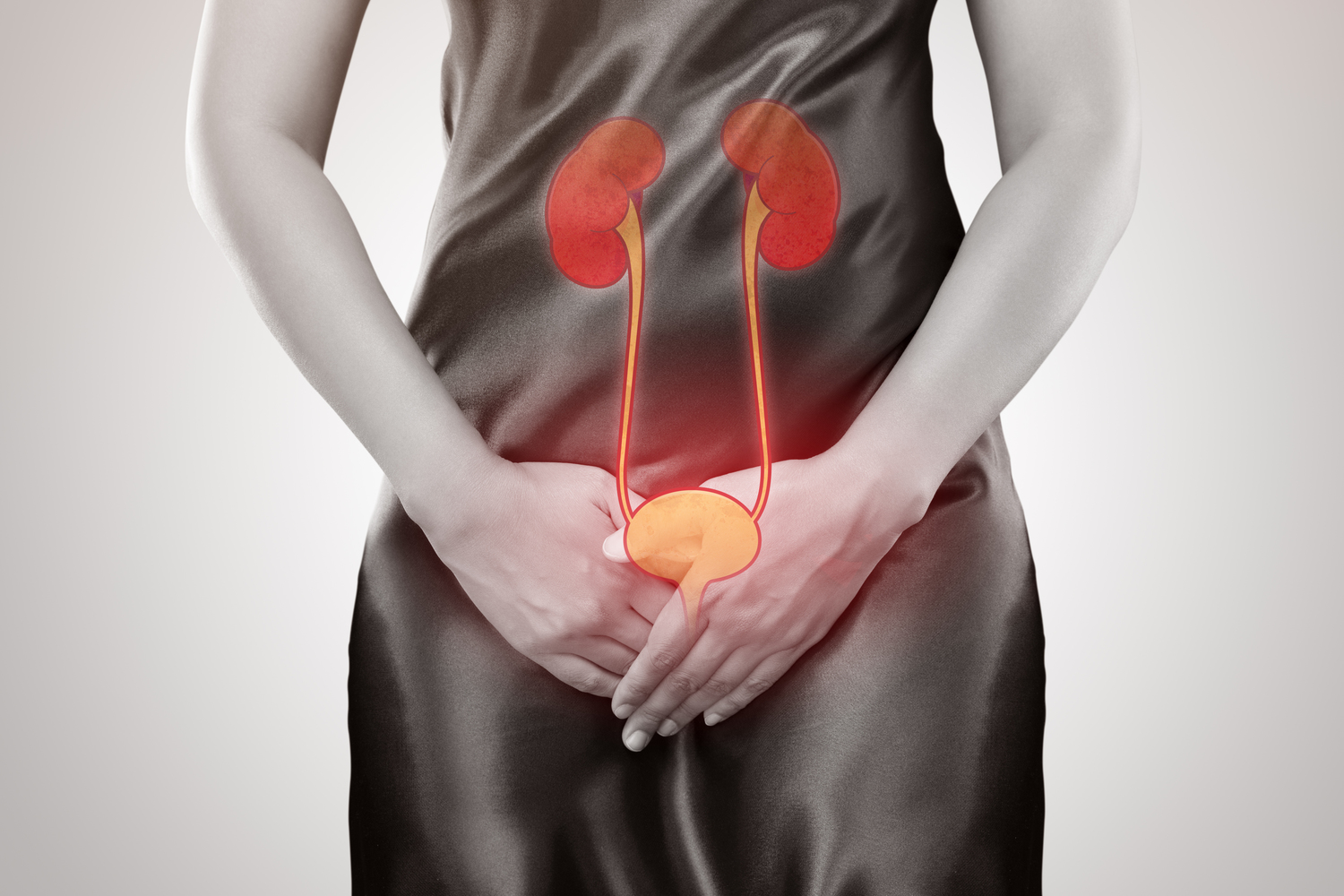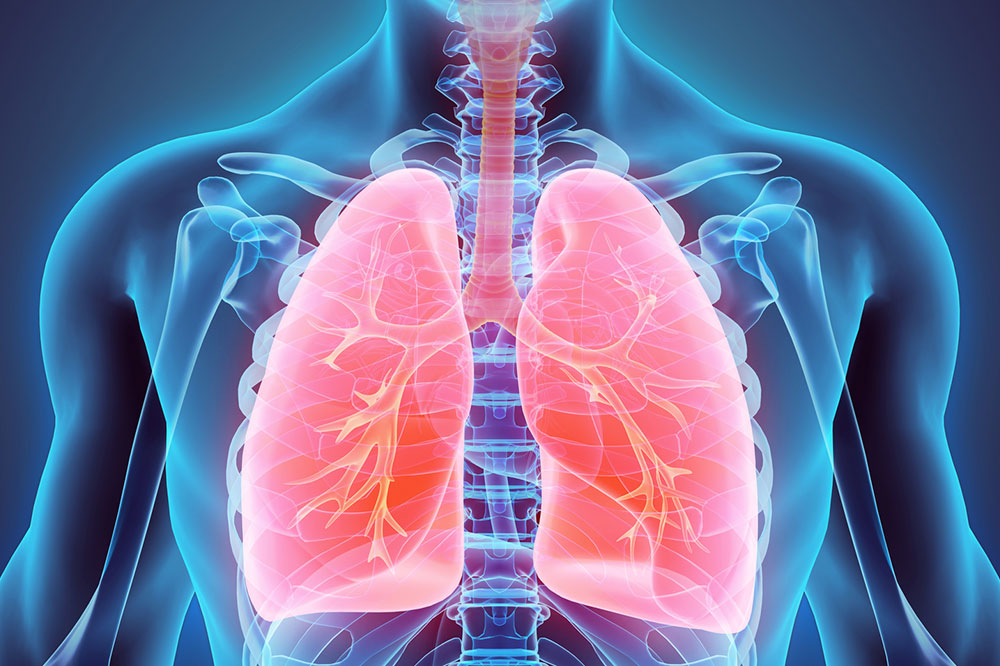Understanding Urinary Tract Infections: Symptoms and Remedies
This article explains the causes, symptoms, risk factors, diagnosis, treatment, and prevention strategies for urinary tract infections. It emphasizes the importance of hygiene and timely medical intervention. Effective antibiotics and lifestyle changes can significantly reduce the risk of UTIs. Regular checkups and prompt treatment are crucial, especially for women and those with underlying conditions. Maintaining good hydration and hygiene practices helps prevent recurring infections. Consult healthcare professionals for personalized care and treatment options to avoid complications.

Understanding Urinary Tract Infections: Symptoms and Remedies
Urinary Tract Infection (UTI) is an infection affecting parts of the urinary system, including kidneys, ureters, bladder, and urethra. Women are more vulnerable, with around 40% experiencing a UTI during their life. Men and children are less commonly affected, but infections in children can be more severe.
Causes and Symptoms of UTI
UTIs result from bacterial invasion in the urinary tract. Bacteria, often E. coli from the anal area, travel through the urethra into the bladder, potentially reaching the kidneys if untreated.
This condition is more common in women due to the proximity of their urethra to the anus. Key symptoms include:
Burning sensation during urination
Frequent urge to urinate without much urine passing
Persistent pelvic or abdominal pain
Cloudy, bloody, or foul-smelling urine
Feeling fatigue or tiredness
Fever, indicating possible kidney involvement
If you experience these signs, consult a healthcare professional promptly.
Risk Factors for UTI
UTIs are more likely to affect women and individuals with specific risk factors, including:
Female anatomy – Shorter urethra facilitates bacterial entry; good hygiene and wiping from front to back help prevent infections.
Sexual activity – UTIs often follow sexual intercourse, especially with new partners.
Birth control methods – Diaphragms and spermicides can increase risk.
Menopause – Hormonal changes weaken defenses in the urinary tract.
Urinary tract abnormalities – Especially in infants, structural issues can lead to recurrent infections.
Urinary blockages – Kidney stones and prostate enlargement in men can trap urine and cause infections.
Catheters – Long-term catheter use heightens infection risk.
Weakened immunity – Low resistance from other illnesses makes infections more likely.
Proper detection involves urine tests, and treatment primarily uses antibiotics like fosfomycin, ciprofloxacin, or ceftriaxone. Preventive measures include hydration, good hygiene, and avoiding irritants.
For recurrent UTIs, doctors may recommend daily low-dose antibiotics and post-coital medication. Maintaining hygiene and staying well-hydrated significantly helps prevent infections.
If symptoms persist or worsen, seek medical advice immediately.










